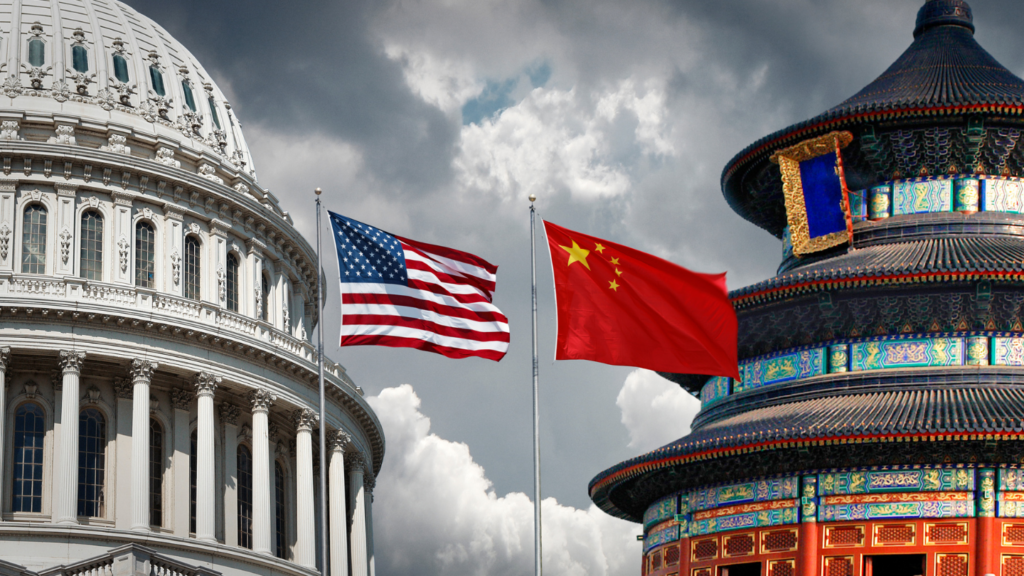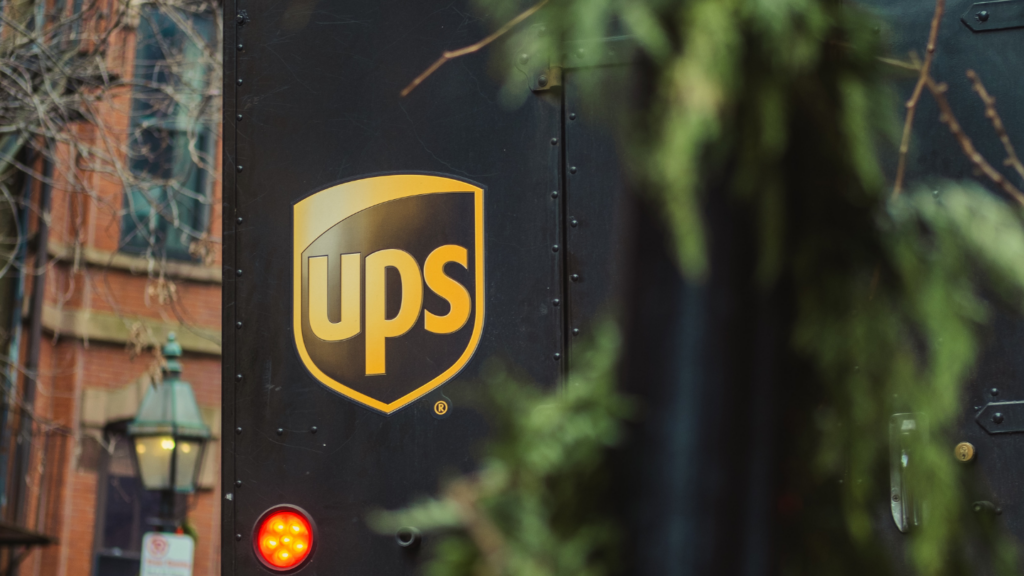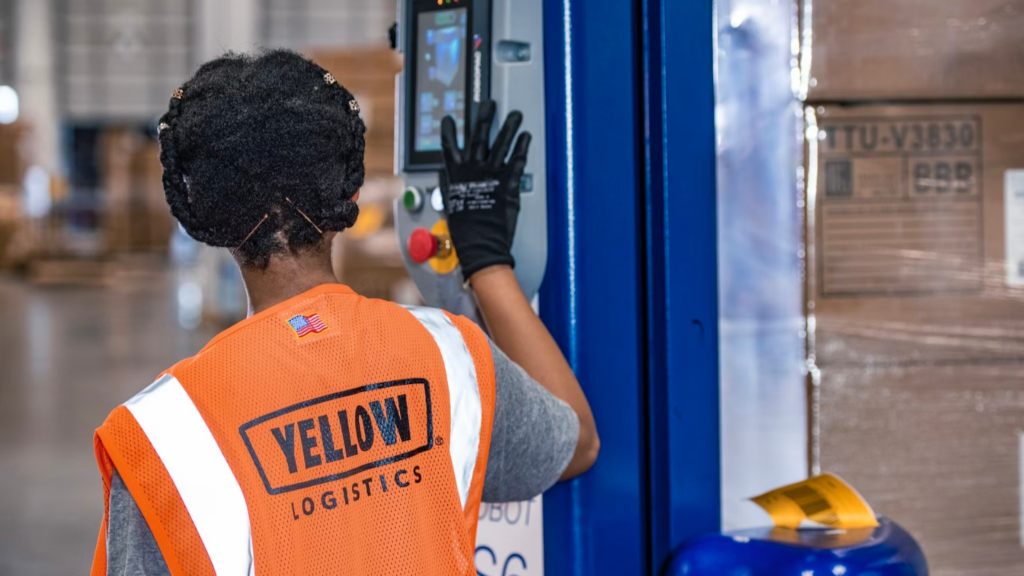Potential Relief, Strike Avoided, and Nearly Bankrupt.
Your weekly All-Ways round-up of Supply Chain news.

Tariff Review
For more than five years, Section 301 tariffs affected hundreds of billions of dollars of goods imported from China.
While tariffs were set to expire in the summer of 2021, many requests were sent to the Office of the U.S. Trade Representative (USTR) to continue them. So the USTR opened a two-month comment period to find out if the tariffs have been effective, if there are better alternative options to tariffs and the impacts of the tariffs on the US economy and supply chain.
Katherine Tai of the USTR expects the review to be complete by fall. The USTR seems open to making changes to the tariffs. The agency is looking at “how to make the tariffs more strategic in light of impacts on sectors of the U.S. economy as well as the goal of increasing domestic manufacturing.”
The USTR will also take into consideration if any additional exclusions should be necessary and how to make exclusions more effective in the future. On September 30, more than 300 exclusions are set to expire.
Will there be relief in the next few months for importers?
Deal Reached
A potential strike was avoided that could have majorly disrupted the US industry. UPS and Teamsters reached a preliminary labor deal worth $30 billion. Their 340,000 workers will receive raises whether they’re working full or part-time.
“The union went into this fight committed to winning for our members. We demanded the best contract in the history of UPS, and we got it,” said Teamsters General President Sean O’Brien.
“Together we reached a win-win-win agreement on the issues that are important to Teamsters leadership, our employees, and to UPS and our customers,” said Carol Tomé, CEO at UPS. “This agreement continues to reward UPS’s full- and part-time employees with industry-leading pay and benefits while retaining the flexibility we need to stay competitive, serve our customers and keep our business strong.”
“UPS is a major partner of the retail industry, and we are grateful it came to an agreement with the Teamsters without disruption to the marketplace,” Matthew Shay, CEO of the National Retail Federation said. “Retailers rely on stability within their supply chains, and this agreement will bring long-term stability, as well as assurance to the millions of businesses and employees who rely on smooth and efficient last-mile delivery.”
End of a Century
While Yellow may have narrowly avoided a strike with Teamsters, they’re likely on their way out.
The century-old company has stopped picking up new freight and is only processing shipments currently in the system.
Some even speculate that the company will be shut down by Monday. All sales staff were told that Friday would be their last day and that bankruptcy would be filed this week. Yellow, however, claims they are only considering all their options.
Yellow has been trying to get Teamsters to agree to restructure its operations, even going as far as to sue the union.
“After decades of gross mismanagement, Yellow blew through a $700 million bailout from the federal government, and now it wants workers to foot the bill,” Teamsters President Sean O’Brien stated. “For a company that loves to cry poor, Yellow’s executives seem to have no problem paying a team of high-priced lawyers to wage a public relations battle—all in a failed attempt to mask their incompetence.” The public, by the way, owns 30% of the company after that government bailout…
While the impact won’t cause too much disruption, it will cause price hikes. Yellow handles about 7% of daily LTL shipments but there is 8-10% of extra capacity in the LTL sector.

FY2024 Rates Announced
The U.S. Food and Drug Administration (FDA) is announcing the fiscal year (FY) 2024 user fee rates for approved participant importers of the Voluntary Qualified Importer Program (VQIP) and accreditation and certification bodies interested in participating in the Accredited Third-Party Certification Program (TPP).
The voluntary, fee-based program allows for a faster review and importation process of foods from importers who maintain a high level of control over supply chain safety. The FDA assesses and collects fees to cover the cost of administering the programs.
Effective on August 1, 2023, the FY2024 VQIP user fee rate supports program benefits from October 1, 2023, through September 30, 2024. The payment deadline for approved applicants to begin receiving benefits for the 2024 fiscal year is October 1, 2023.
TPP is another voluntary program in which the FDA recognizes “accreditation bodies” that may accredit third-party “certification bodies,” which can conduct food safety audits and certify foreign food facilities.
The FY2024 TPP user fee rate will also be effective on October 1, 2023, and will remain in effect through September 30, 2024.



